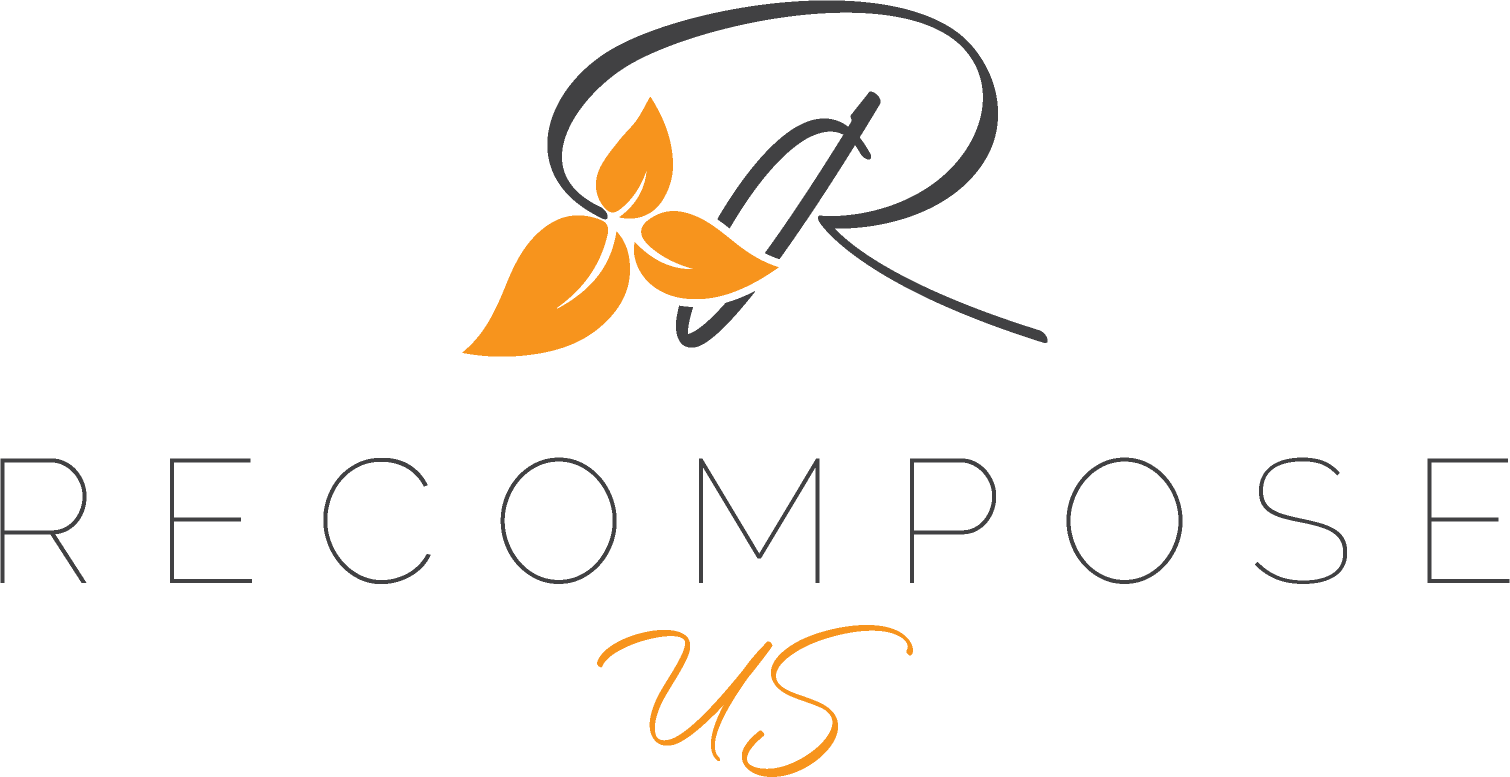Couples Coaching: Managing Relationship Conflict for Partners and Co-Parents
Cherie Morris, JD, CDC
If you are in a relationship and have conflict, that’s entirely predictable. What is less predictable, in my professional experience, is how couples manage conflict. Recently, the renowned couples therapist, John Gottman, released data proclaiming there are four reasons a couple’s relationship may not survive and I had to jump in here to talk about how it affects my work. He calls these the four horsemen of the apocalypse: criticism, contempt, defensiveness, and stonewalling – and I see them every day in conflict.
What are the four primary issues that cause conflict?
Criticism
Criticism is the first horseman because it is the first behavior that is typically used by couples in conflict. Criticism refers to attacking one’s character or personality, rather than the behavior itself.
Defensiveness
Trying to justify yourself is an easy default when you are in conflict. The problem with defensiveness is that, in general, you don’t own your own part of the conflict and tune out what your partner is sharing about their perspective.
Contempt
Contempt is when you show open disrespect for your partner by engaging in destructive behaviors like mocking, sneering or rolling your eyes at your partner.
Stonewalling
Stonewalling is when you become unresponsive to your partner.
How couples therapy can help with conflict – and where it can’t
If you aren’t sure if you have these, or are concerned you do, then couples therapy is what is typically recommended. There are easy ways you and your therapist can figure these out with a relationship check-up and analysis. You can then embark on a therapeutic journey around these or other issues to repair or strengthen your bond as a couple.
But, even if you understand what is happening, you may be curious about why couples therapy fails. Often, even when you understand what’s happening, you don’t have practical skills for changing your behavior and disrupting an already destructive pattern. Coaching focuses on specific behavior and helps you modify how you behave with your partner or co-parent.
Why I prefer coaching over (or in addition to) therapy to resolve conflict
In conjunction with therapeutic intervention and often separate from it, couples conflict coaching can be invaluable too. It is a very practical and individual process to help you listen and communicate more effectively with your partner or co-parent. It works whether you ultimately stay with your partner or decide not to do so. If you have children, it is important that you are able to manage co-parenting conflict too.
Couples coaching offers the opportunity to work with a trained mediator and coach, to explore what issues you have as a couple, and work on healthy ways to manage conflict that may arise from that.
It doesn’t mean you want to or are getting a divorce. In fact, it may mean you want to avoid one and just need a healthier way, for both of you, to solve the inevitable dilemmas that arise. Or, you may not be together but need to communicate for your children and haven’t felt like you’ve done a good job on your own.
In either case, coaching works and creates a framework for doing better – together.
What does couples coaching look like? The four stages of successful coaching
Couples coaching always should follow four distinct phases, as outlined below:
- Introduction – First, I chat briefly with each person to make sure their needs, and my experience and credentials, are a good fit. We agree to meet over a series of sessions to address and manage conflict.
- Individual Sessions – We start with separate sessions with each person which allows you to get to know me. More importantly, it allows you to privately share the pain points that exist in your relationship. This is a critical piece because it isn’t necessary to review in excruciating detail, in front of the other person, all perceived slights and wrongs. In fact, it may have a negative impact on the ability to repair and move forward. Instead, each person has an hour to discuss what’s good and less than perfect too in a supportive and non-judgmental environment.
- Couples Coaching – We come together, all three of us, to create an agenda for success going forward. We may not be able to address everything in one session but we can talk about a few of the relationship’s issues. We set a tone for how we discuss what’s working and what’s not and, over time, create a new framework for discussing and resolving disagreement. Whether you are a married couple or a co-parenting one, using these tools work!
- Support – After we have spent this foundational time together, the way clients use additional time is up to them. We can meet together, separately, or you can text and email me to communicate information and get advice. My goal, as your facilitator, is to keep you on a path for de-escalation for you and your children if you have them. You can discuss just about any disagreement if you have the tools to do that and a way to resolve the conflict too.
Life after couples coaching ends
It’s likely you may still have moments of anger, frustration, and disagreement as your relationships evolve and I’m here to tell you, this is NORMAL. When they occur, I ask you to reach out to me and you will receive a reminder of what’s important to you and how managing this moment matters.
We will work closely together as long as it helps. Communication is paramount–with me as the mediator, and between the two of you, as the participants in your own lives. You will learn about each other, and more about how you can do better in your disagreement.
If you have conflict you can’t seem to shift as a couple, whether it’s centered in your relationship or in taking care of your kids as co-parents, I’m here to help. You are never responsible for what someone else does but you are responsible for how you respond. There are ways to improve even difficult conflicts. I’m here to help!

Cherie Morris, J.D, CDC is a mediator, parent coordinator, and coach dedicated to de-escalating conflicts for individuals, couples, co-parents, and others too. Reach out today to see if she can support your needs. You can reach her at coach@recompose.us


